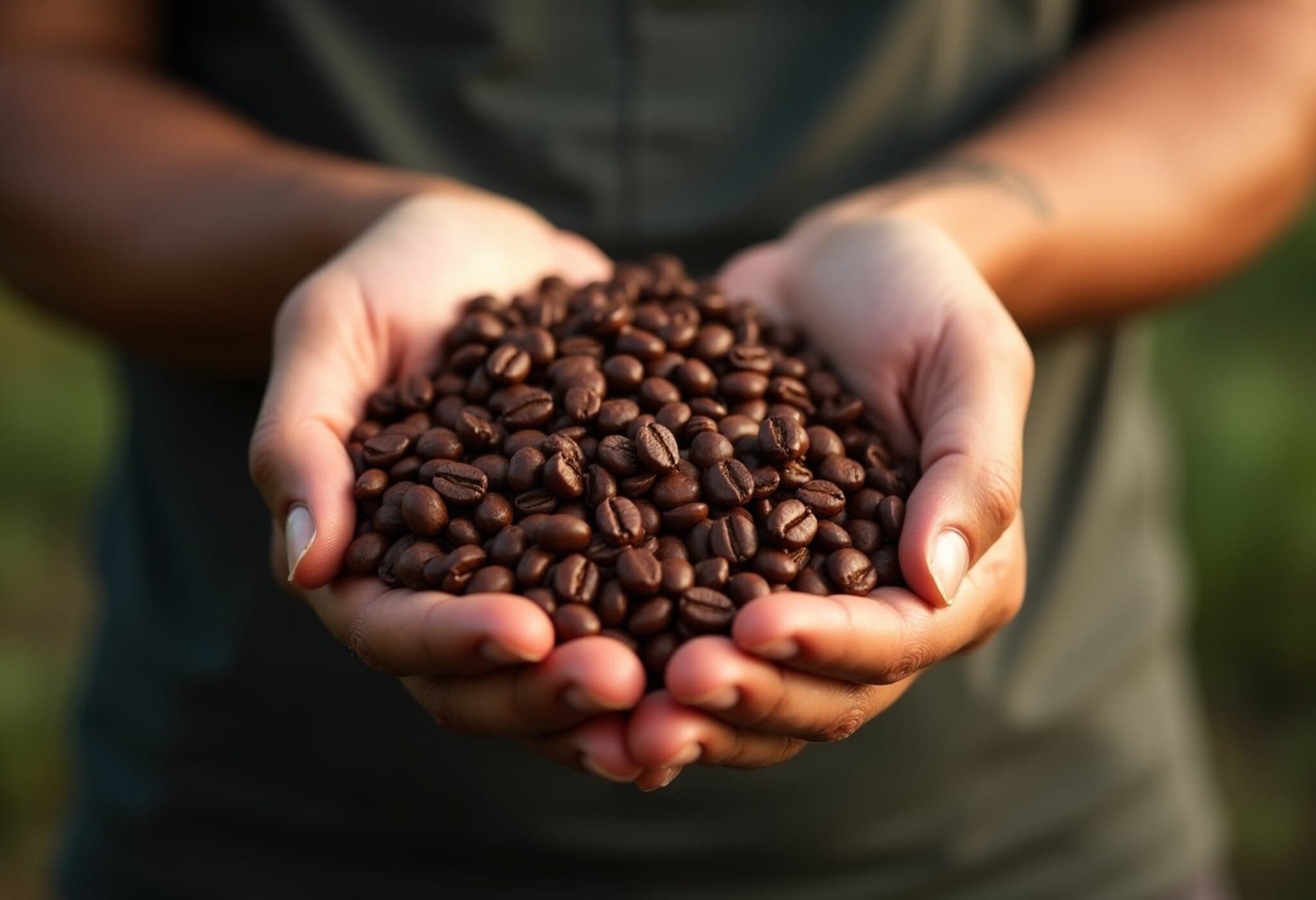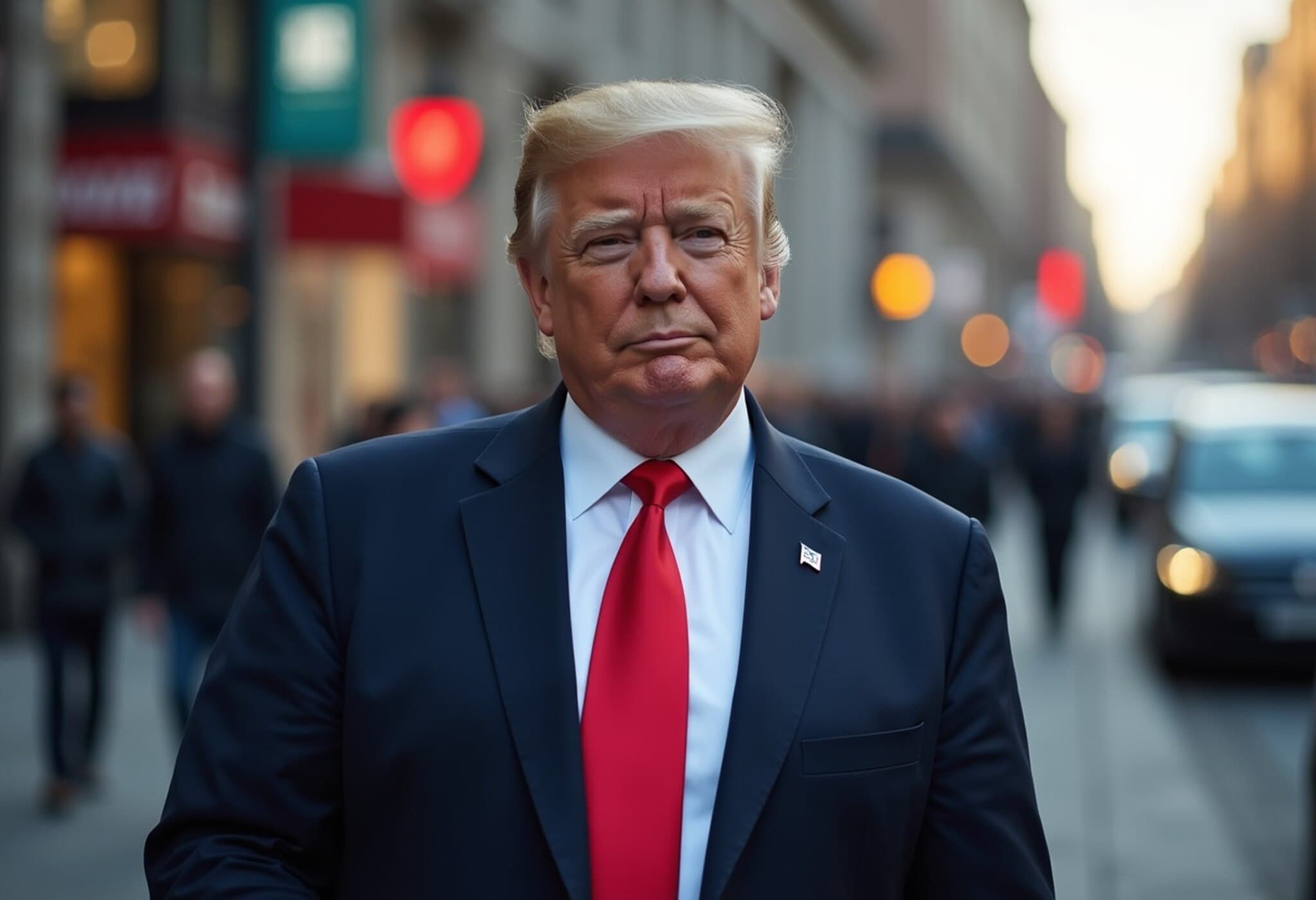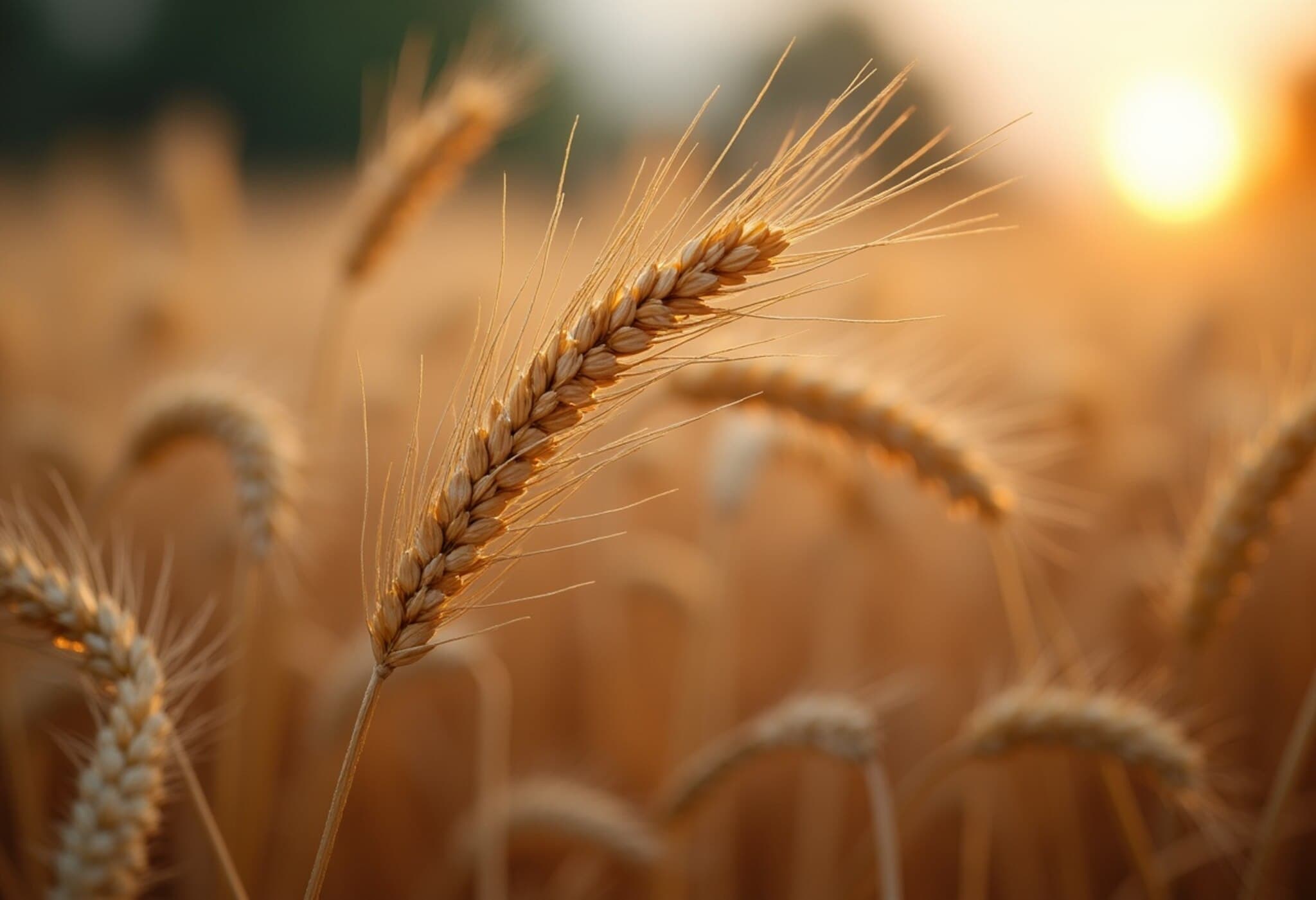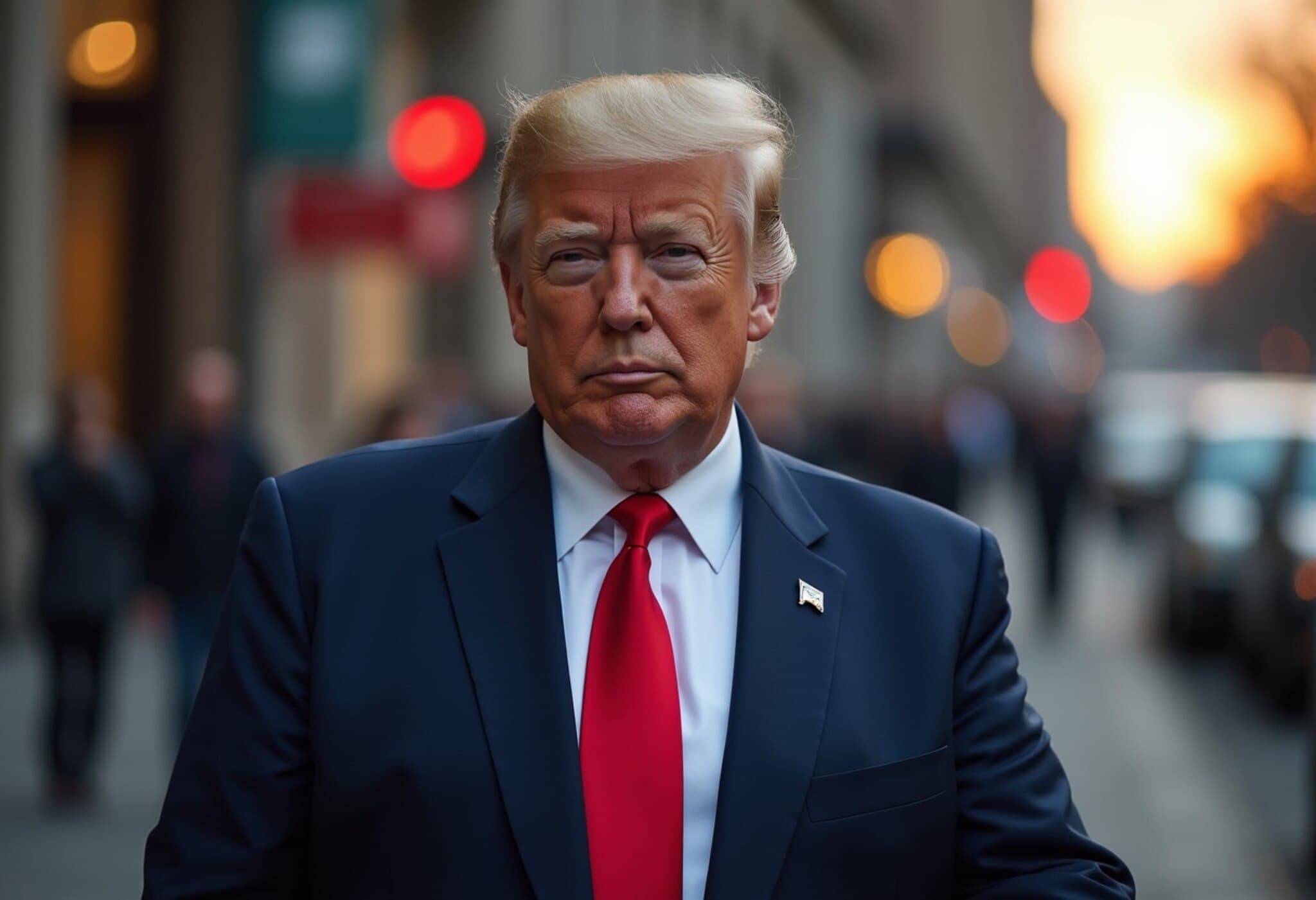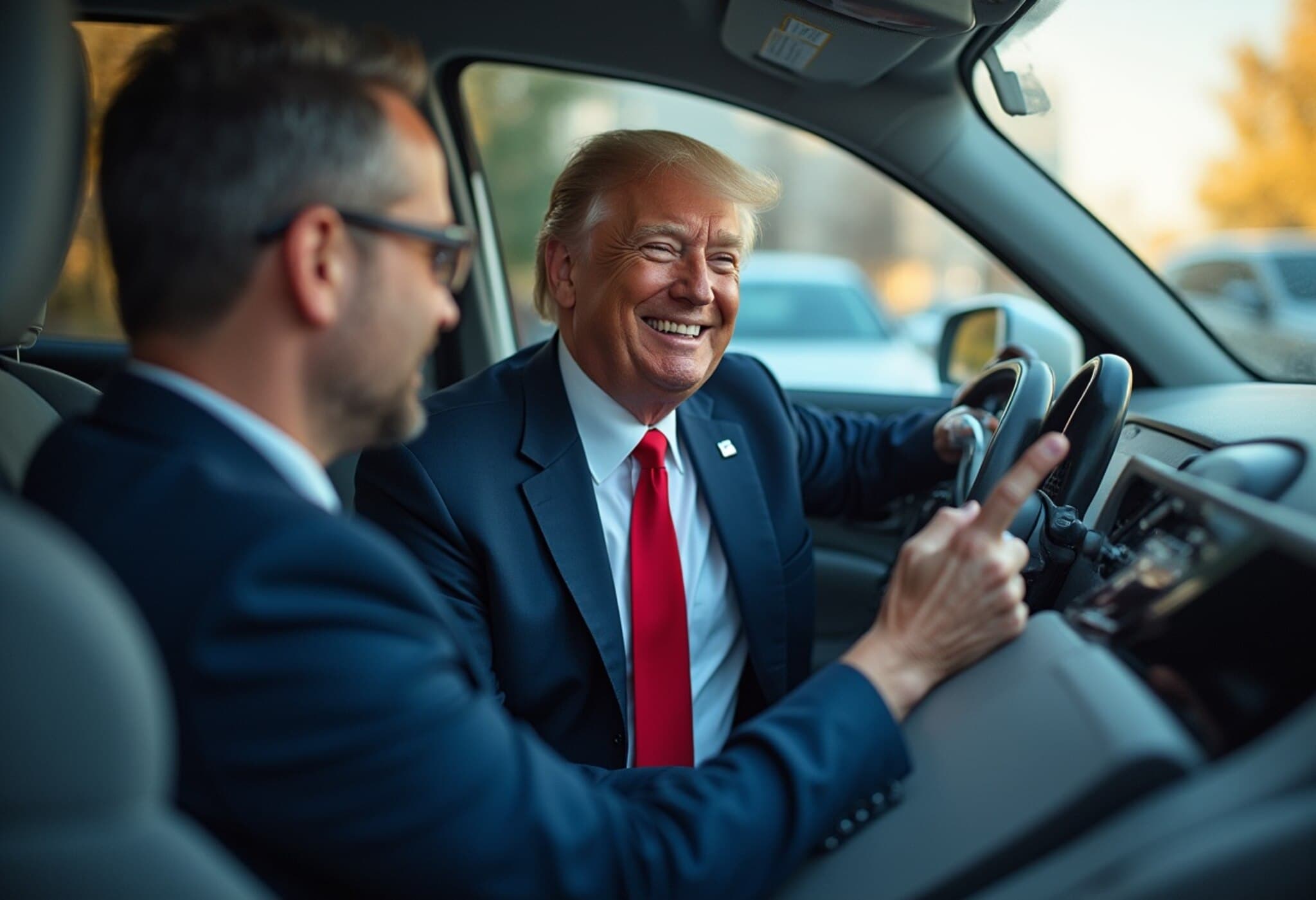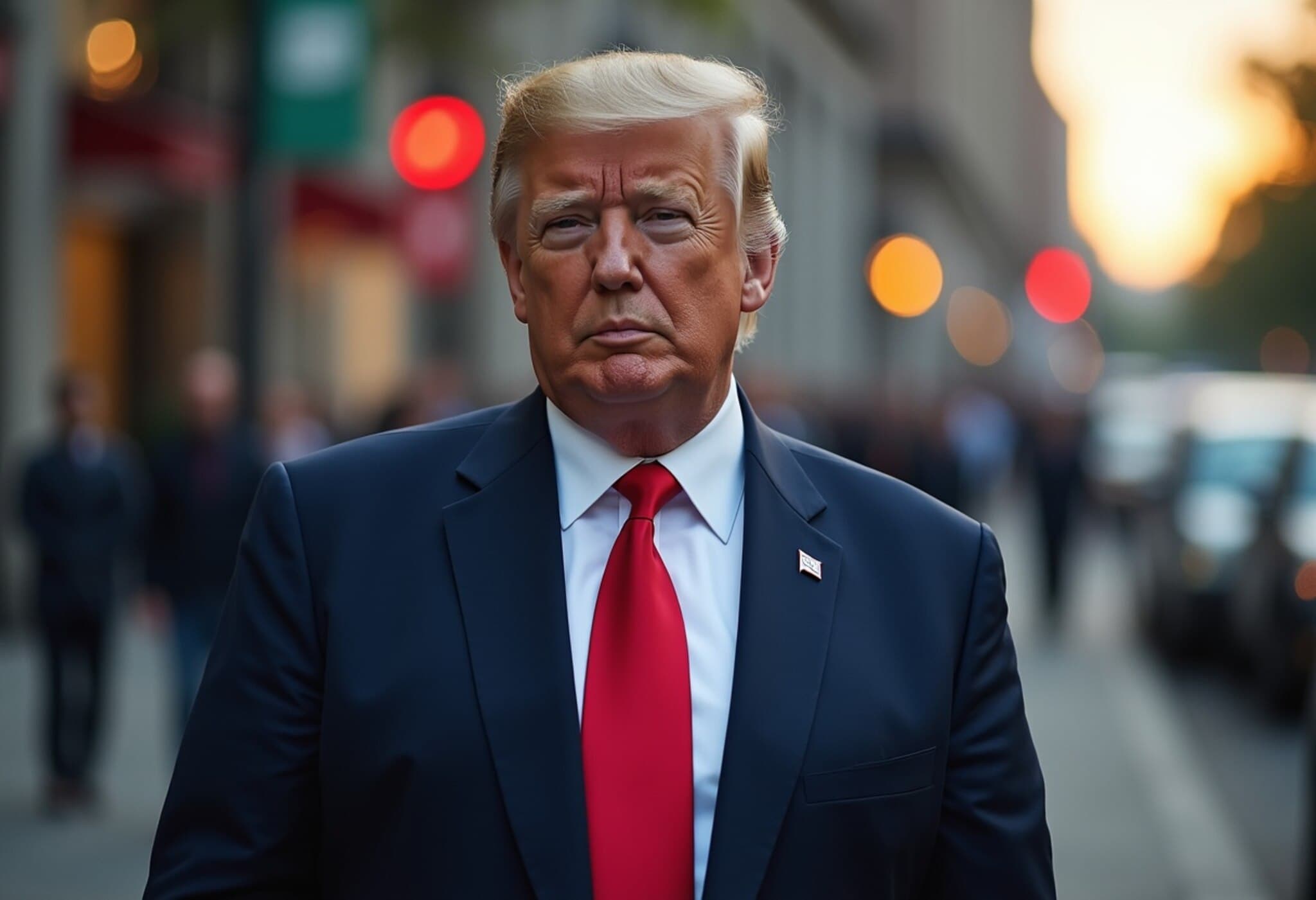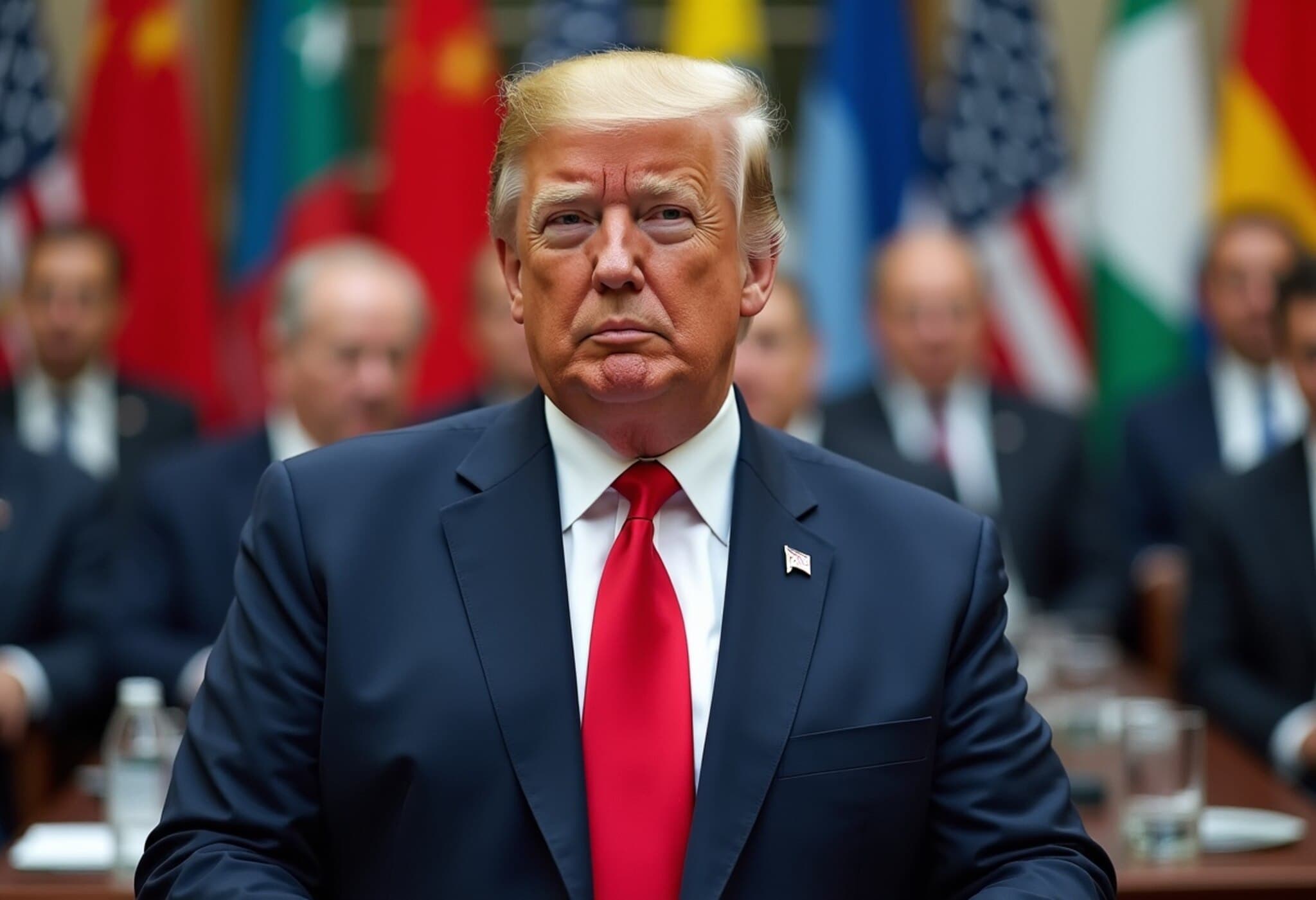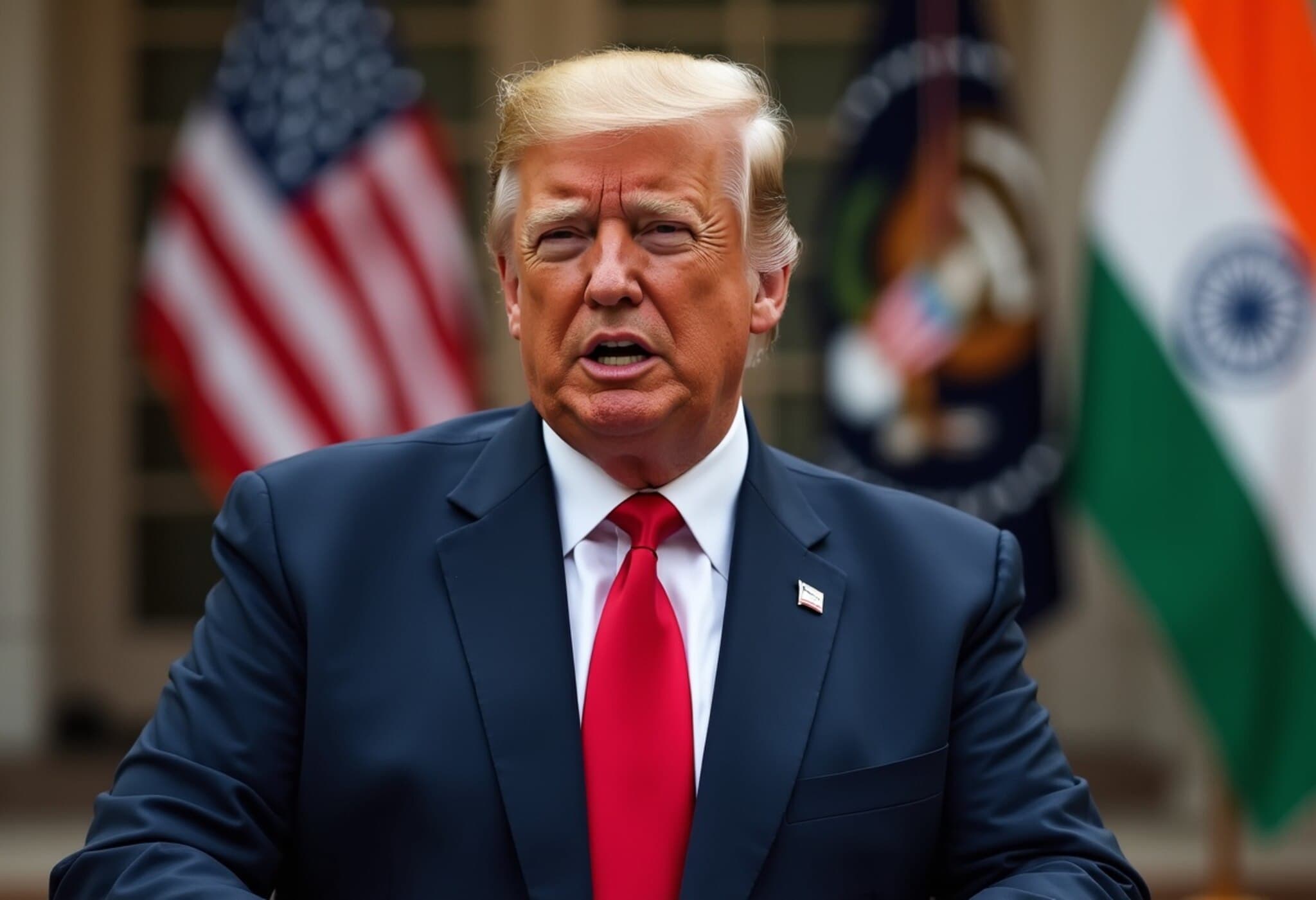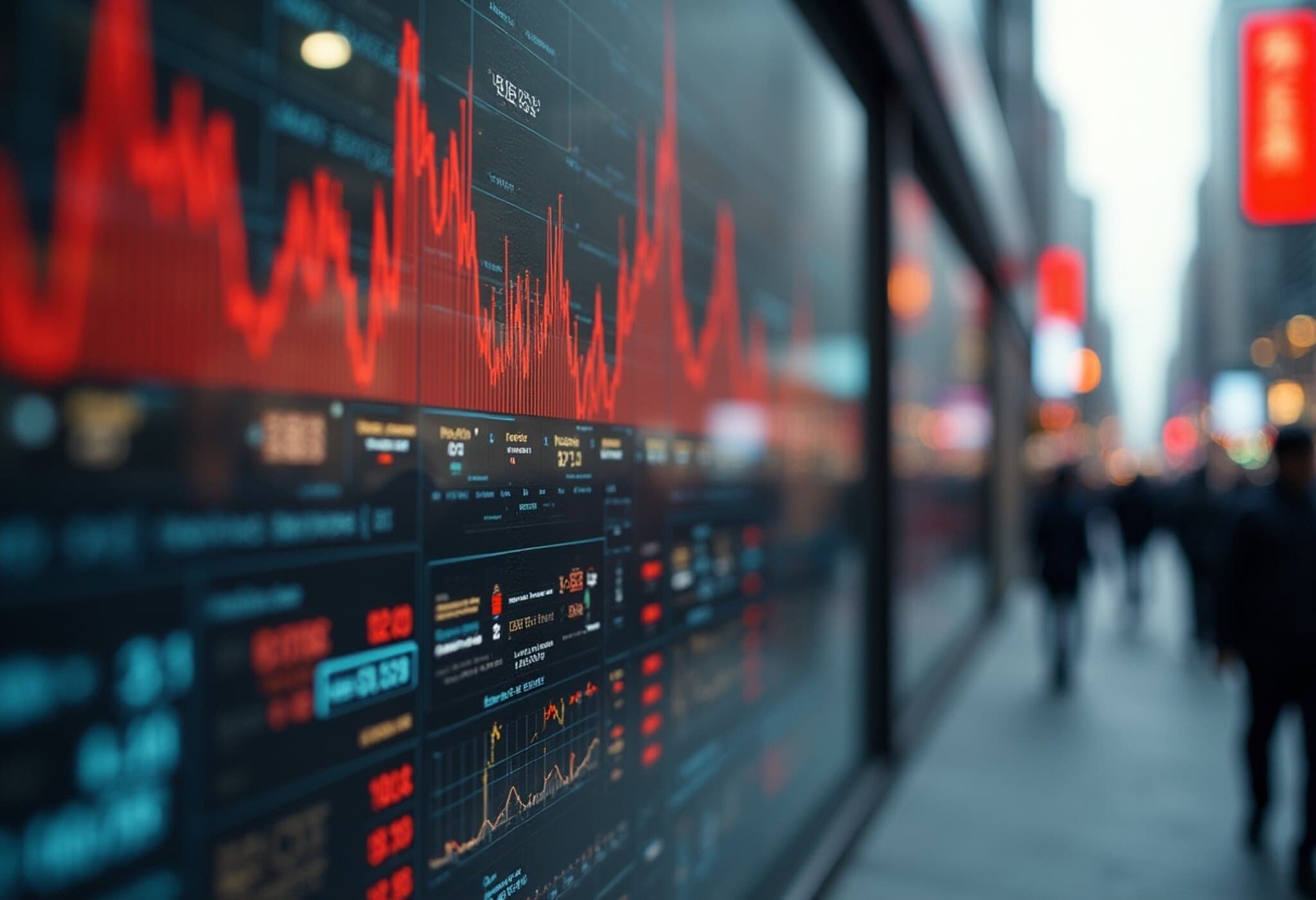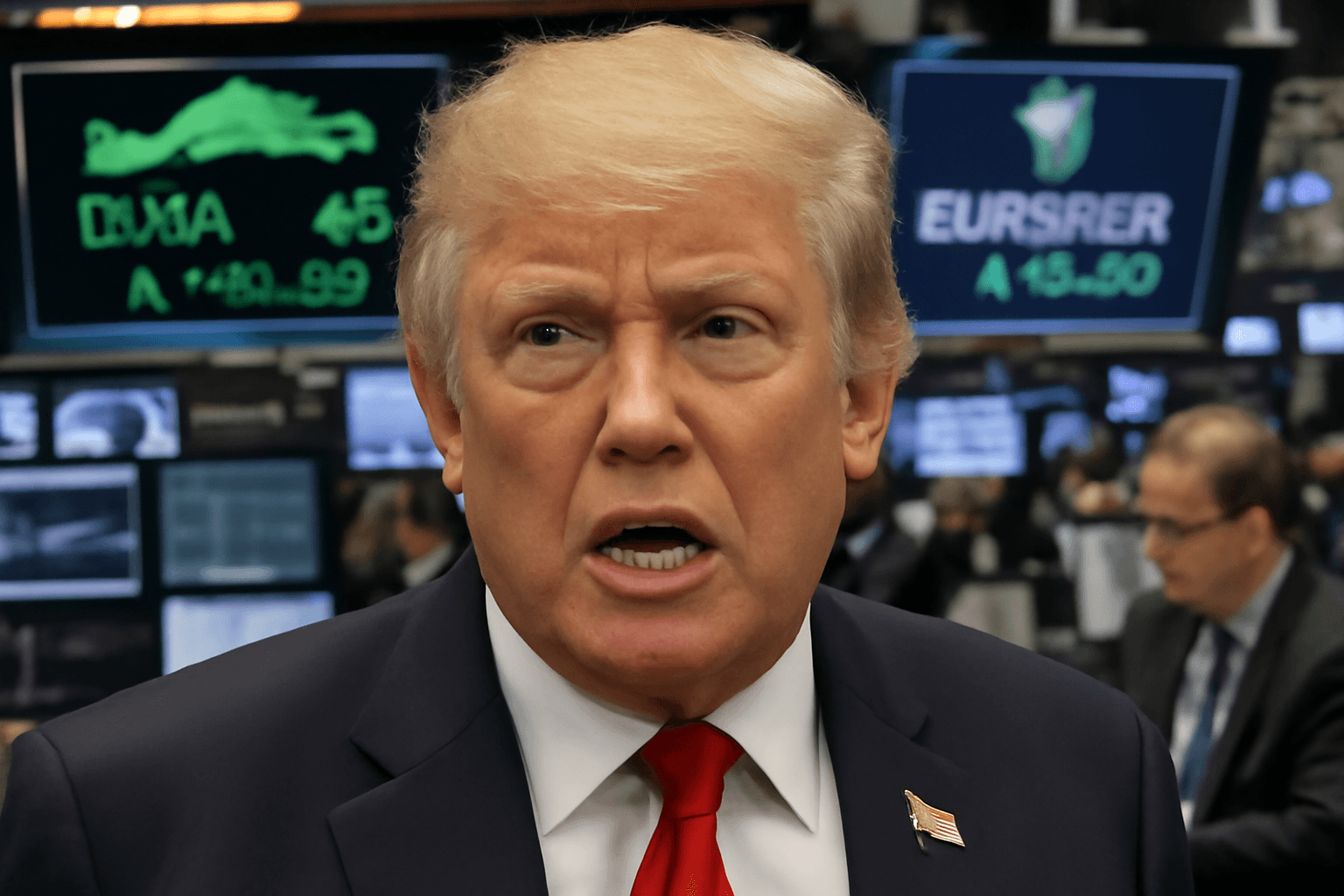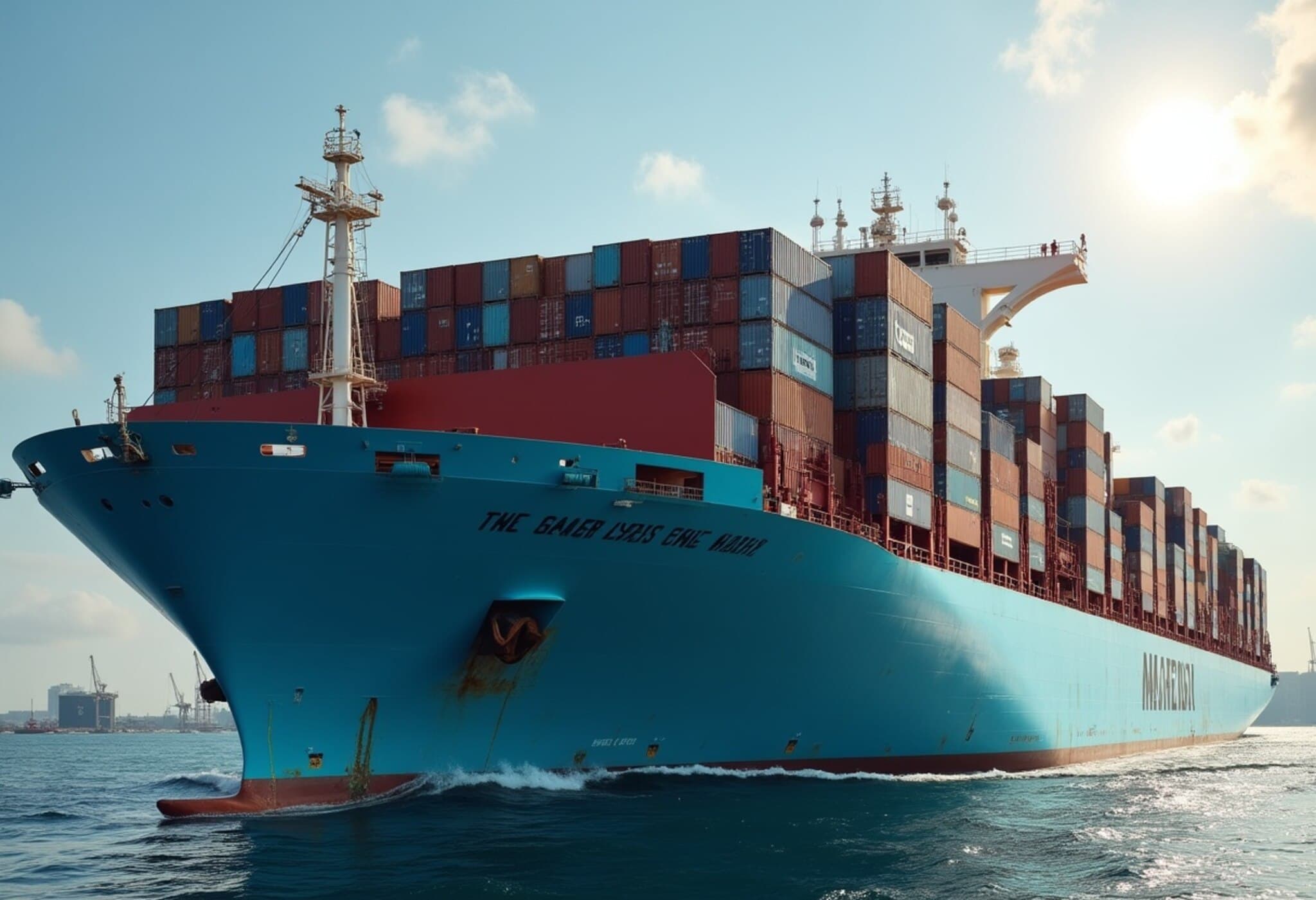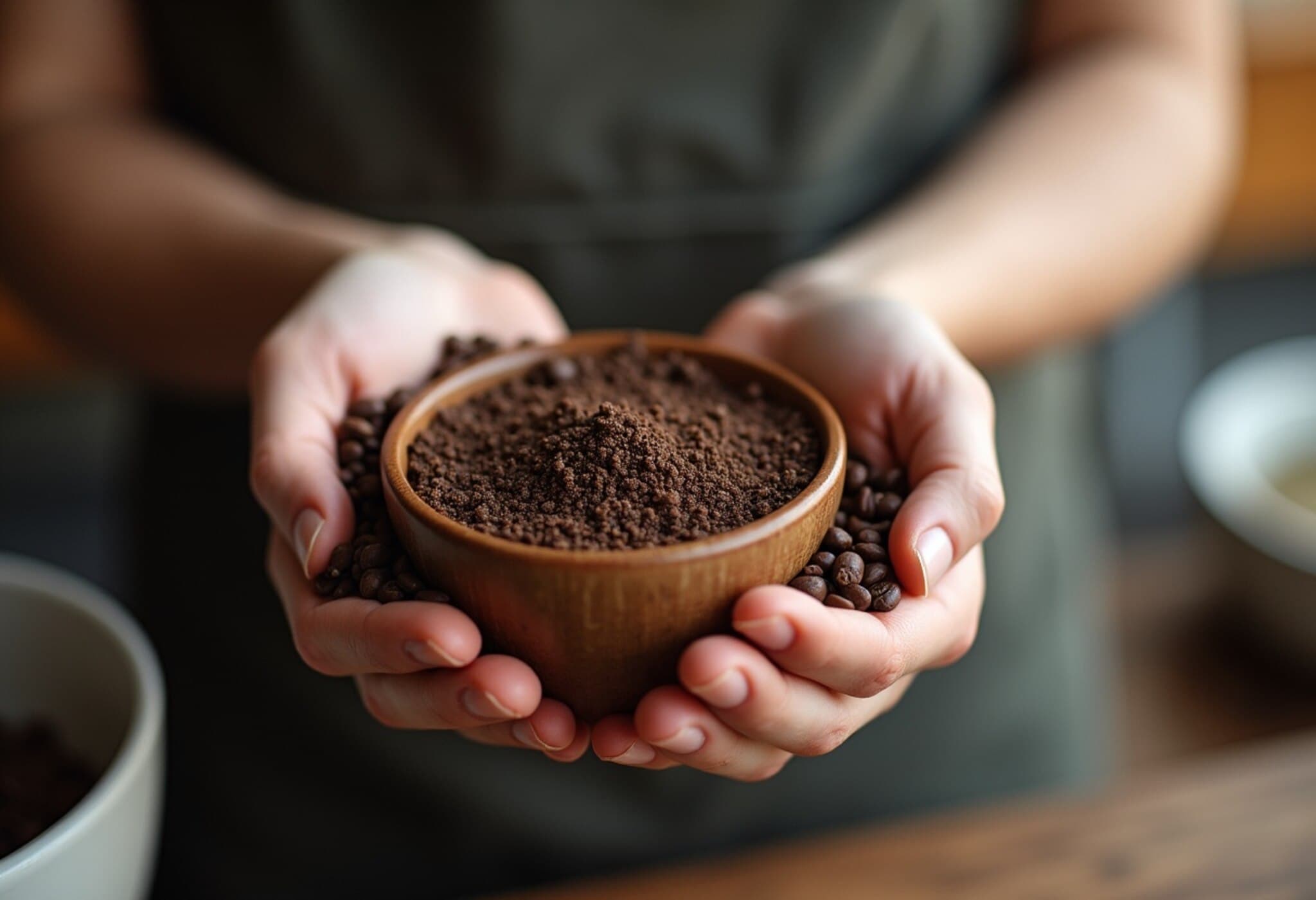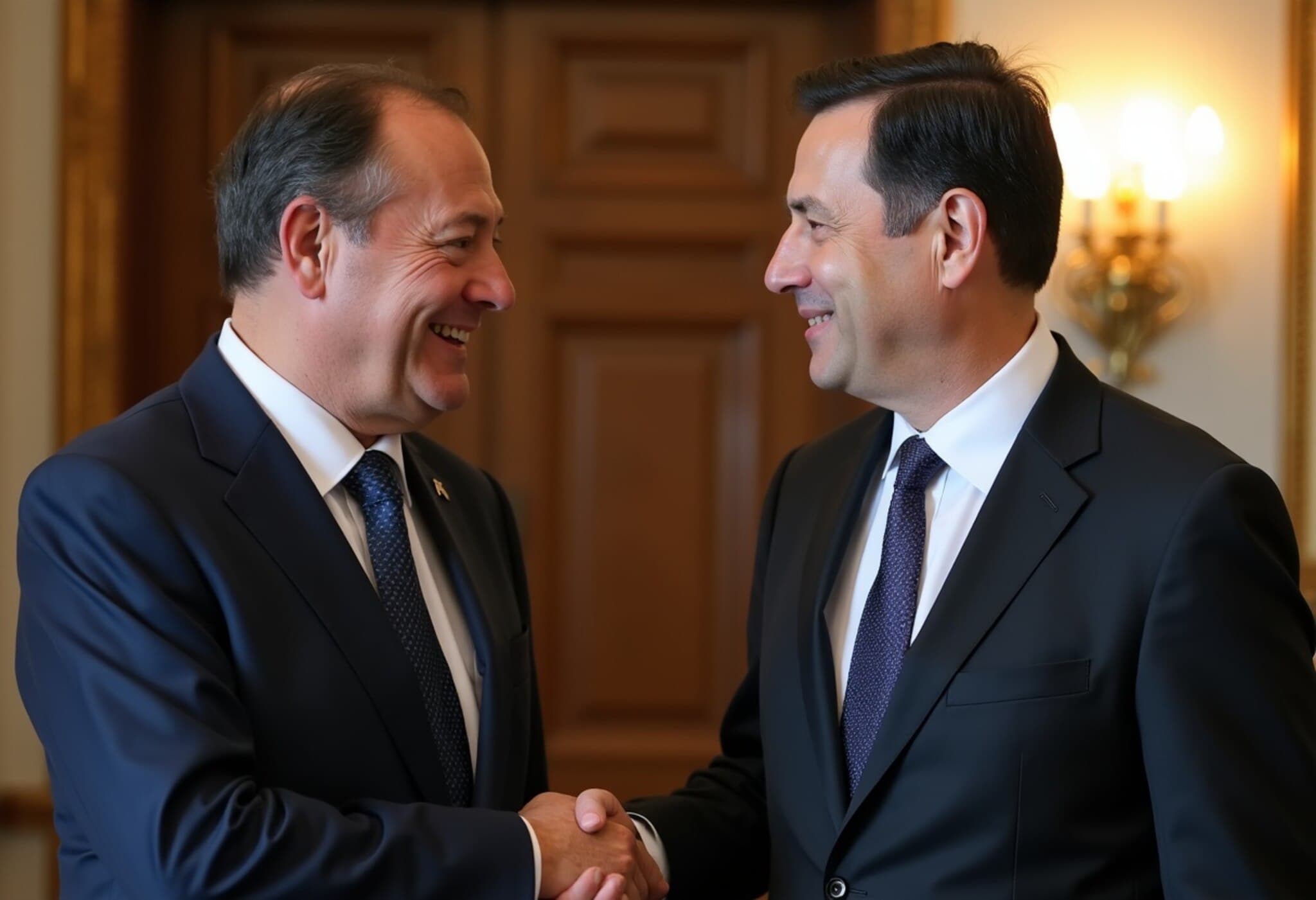Trump’s 50% Tariff Threat on Brazil Sends Coffee Prices Soaring
In a surprising move that has sent ripples across the global coffee market, former US President Donald Trump announced a threat to impose a hefty 50% tariff on Brazilian imports, effective August 1, 2025. Brazil, as the world’s largest producer of Arabica coffee—the variety favored for premium blends—stands to be directly impacted by this trade escalation.
Political Backdrop: Bolsonaro and the ‘Witch Hunt’ Accusation
Trump’s announcement, made via his social media platform Truth Social on July 9, accused Brazil’s government of engaging in a politically motivated “witch hunt” against former President Jair Bolsonaro. This sharp rhetoric signals that the tariff imposition is as much a political statement as an economic policy, highlighting mounting tensions between key geopolitical players in the Americas.
Market Reaction: Arabica Coffee Futures Jump Over 3.5%
Immediately following the announcement, Arabica coffee futures on the New York exchange surged more than 3.5%, reflecting investor anxiety over potential supply disruptions and price increases in the US market—the largest importer of Brazilian coffee.
One trader described the letter as sending "shockwaves across the coffee industry," emphasizing how dependent the US is on Brazilian coffee imports. Any significant tariff threatens to not only raise costs but also ripple through to everyday consumers, many of whom are feeling the squeeze of inflationary pressures already.
Industry Insights: The Brewing Storm for Coffee Lovers
Giuseppe Lavazza, chairman of the famous Lavazza Group, had previously flagged the dangers tariffs pose specifically to coffee producers like Brazil and Vietnam. While the existing 10% tariff on certain European goods was tolerable, Lavazza cautioned that tariffs targeting major coffee-producing nations would inevitably push up prices in the US market, making coffee more expensive for American consumers.
"The problem is not tariffs between the US and Europe," Lavazza noted. "The real issue arises when tariffs hit the US’s key coffee suppliers. This situation threatens the affordability and availability of coffee in one of its largest consumption markets."
Long-term Context: Supply Constraints and Volatile Prices
The coffee sector has already been grappling with price fluctuations driven by climatic challenges and supply shortages. Brazil and Vietnam, the globe’s top coffee producers, have suffered poor harvests recently, exacerbating price volatility. Earlier in 2025, London robusta coffee futures surged near $5,700 per tonne, well above the historic average of $1,700.
Arabica beans themselves saw a dramatic 70% price jump last year, culminating at $4.20 per pound before mild corrections occurred due to anticipation of better harvests. However, Trump’s tariff threat risks reversing these gains, reigniting supply fears and inflation in the coffee sector.
Economic and Consumer Impact: Beyond the Coffee Cup
While tariffs are often wielded as strategic tools in geopolitical disputes, their direct impact on consumers — particularly in staple goods like coffee — is undeniable. For American coffee drinkers, often reliant on smooth and affordable Arabica blends, a 50% tariff could mean significant retail price hikes.
Moreover, such trade tensions could strain US-Brazil relations, potentially complicating cooperation on broader economic and environmental issues, like climate change impacts on agriculture.
What Lies Ahead?
As August 1 approaches, stakeholders from growers to retailers will be watching closely. Will the US government formalize these tariffs, and could Brazil retaliate? How will this trade friction affect the global coffee supply chain and inflation? Industry experts advise close monitoring of political developments and urging market preparedness for more price volatility in this beloved daily commodity.
Editor’s Note
Trump’s tariff threat underscores how international politics can directly impact everyday consumer goods, revealing the fragile interdependence of global trade networks. While protecting political interests is a valid government goal, the broader economic repercussions—particularly for commodities like coffee—should inspire policymakers to seek balanced solutions that avoid undue harm to consumers and producers alike. For American coffee lovers, this development is a reminder that geopolitical decisions can hit closer to home than we often realize.

